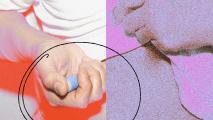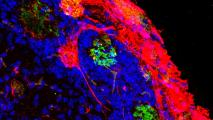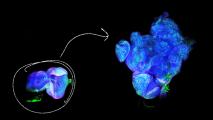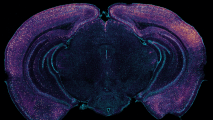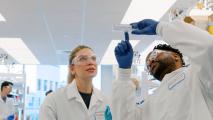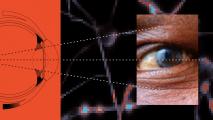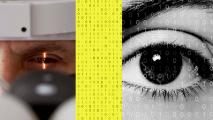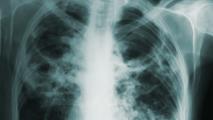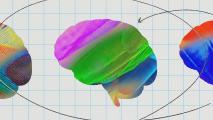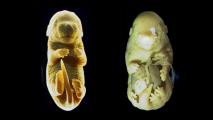
Biotech
Human history has been all but defined by death and disease, plague and pandemic. Advancements in 20th century medicine changed all of that. Now advancements in 21st century medicine promise to go even further. Could we bring about an end to disease? Reverse aging? Give hearing to the deaf and sight to the blind? The answer may be yes. And soon.
More
How smart devices helped me unlock hidden health wins
By measuring many different body metrics, smart health devices can help support the mental game as much as the physical fitness gains.
Boosted Breeding and beyond: 3 tech trends that could end world hunger
A world without hunger is possible, and the development and deployment of new farming technologies could be one key to manifesting it.
Pager panic: When beepers were infiltrating schools
Cities and schools once actually arrested students for carrying this dangerous technology.
How Google’s new AI could revolutionize medicine
Google DeepMind’s AlphaFold 3 could be the future of drug discovery — and the journey to its creation started more than a century ago.
Revolutionary weight-loss drugs like Wegovy come with a catch
People taking GLP-1 agonists are losing too much muscle, but these drugs designed to prevent muscle loss could solve the problem.
Are weight-loss meds the next wonder drugs?
Evidence is mounting that GLP-1 agonists could treat many health issues — including ones that aren’t obviously related to weight.
New AI generates CRISPR proteins unlike any seen in nature
An AI that generates CRISPR proteins is opening the door to gene editors with capabilities beyond what we’ve found in nature.
What hybrid mouse/rat brains are showing us about the mind
Modified mice with hybrid brains that include rat neurons could one day lead to new breakthroughs in neuroscience.
Milk could overcome one of the biggest hurdles to RNA therapies
RNA therapies typically break down if administered orally, but particles found in cows’ milk could provide perfect protection.
First-of-its-kind pig kidney transplant is a success
A woman with heart and kidney failure is now the second person in the world to undergo a gene-edited pig kidney transplant.
Last century, we extended our lives. This century, we need to shorten our deaths.
We are living longer lives, while also spending more years sick than ever before — but there are ways to close the lifespan-healthspan gap
New study challenges long-held assumption about cancer
Genetic mutations may not be necessary for cancer to develop, challenging a long-held assumption about the disease.
How sensory gamma rhythm stimulation clears amyloid in Alzheimer’s mice
Study finds stimulating a brain rhythm with light and sound increases peptide release from interneurons, possibly slowing Alzheimer’s progression.
See how Moderna is using OpenAI tech across its workforce
A partnership between Moderna and OpenAI provides a real-world example of what can happen when a company leans into generative AI.
Scientists have invented a method to break down “forever chemicals” in our drinking water
Researchers have discovered a way to eliminate “forever chemicals,” or PFAS, which usually take hundreds or thousands of years to break down.
Brain implant for “artificial vision” is still working after 2 years
A new type of brain implant technology has given a man with total blindness a kind of “artificial vision.”
OpenAI’s GPT-4 outperforms doctors in another new study
OpenAI’s most powerful AI model, GPT-4, outperformed junior doctors in deciding how to treat patients with eye problems.
AI can help predict whether a patient will respond to specific tuberculosis treatments
Instead of a one-size-fits-all treatment approach, AI could help personalize treatments for each patient to provide the best outcomes.
Why a neurodivergent team will be a golden asset in the AI workplace
Since AI is chained to linear reasoning, workplaces that embrace it will do well to have neurodivergent colleagues who reason more creatively.
How turning off one gene causes mice to grow 6 legs
A study of embryo development in mice led to the creation of a mutant mouse fetus with an extra pair of legs in place of genitals.
Get inspired with the most innovative stories shaping the world around us.


















